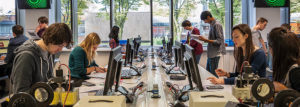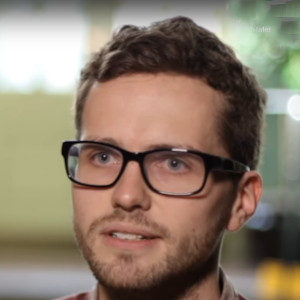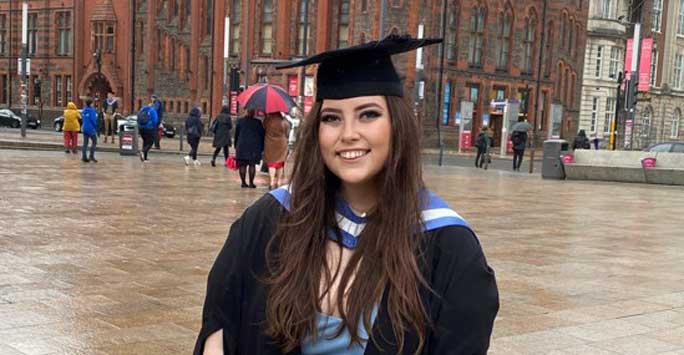About this course
A degree in Astrophysics has the unique potential to provide an understanding of the most up-to-date discoveries in our universe. You’ll be introduced to all aspects of physics and astronomy, from quantum mechanics to cosmology. Astrophysics (MPhys) is taught jointly by world-leading academics from the University of Liverpool and Liverpool John Moores University (LJMU).
Introduction
From the formation, evolution and deaths of stars (involving planetary systems, nucleosynthesis and supernovae) through structure of galaxies to the evolution of the Universe itself, the degree structure introduces the physics involved in the cosmos. At the end of Year Two, the week-long field trip to the Teide Observatory in Tenerife introduces students to professional observatories.
Anyone who is curious about the fundamental laws of nature will enjoy Physics. It is one of the few disciplines that really challenge our view of the world. For example, in relativity we find that space and time are entangled and that clocks run slowly under the influence of a gravitational field. When we examine the world on a microscopic scale, we are in the realm of quantum mechanics, where the predictions, such as wave-particle duality, even seem strange to the physicists who study its foundations.
The four-year Astrophysics degree will equip students with skills relevant for jobs in a wide range of careers, from education, research, finance and the city to industry.
The two-metre aperture Liverpool Telescope located in the Canaries, which is the largest robotically controlled telescope in the world, will provide you with unique access to observations from a major research facility when you undertake a research project in your final year.
There are opportunities to work alongside our internationally renowned academics at projects at the LHC at CERN and in many international and national research centres in the USA, Canada, Japan, Korea and many European countries.
Our flexible programmes allow students to transfer up to the end of year two between any of the physics programmes.
This programme also has a year abroad option, an incredible opportunity to spend an academic year at one of our partner universities. On the 4-year integrated masters programme, you can go abroad either between Year 2 and 3 (apply in Year 2) OR Year 3 and 4 (apply in Year 3).
This course is taught jointly by academics from the University of Liverpool and LJMU. The University of Liverpool will send you a jointly branded certificate if you successfully complete your named award, or if you’re awarded a joint exit award. Your certificates will clearly state that the course leads to a joint award.
to explore more courses run jointly with LJMU.
Accreditation
Our programmes are accredited by the Institute of Physics, which means they satisfy the academic requirements for Chartered Physicist status.
This course is taught jointly by world-leading academics from the University of Liverpool and Liverpool John Moores University.











